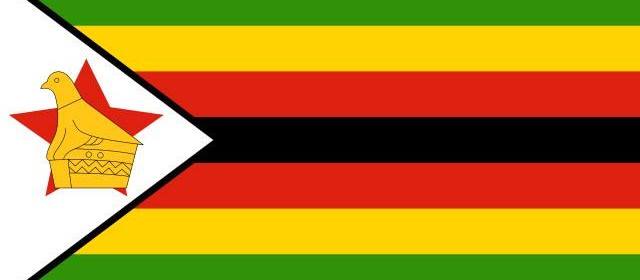- WICKNELL CHIVAYO left school at 15
- DISGRUNTLED Zimbabwe police stage uniform protest.
- MNANGAGWA wife Auxillia drops charges against nine women who boed her in Manicaland
- O.J. Simpson dies of cancer , aged 76.
- South Africa ANC is the cause of ZIMBABWE troubles claims Zimbabwe opposition politician Job Sikhala
GlaxoSmithKline Ordered To Immediately Cease Zimbabwe Operations

The Sunday Mail claims that the London-based company has been further instructed not to export pharmaceuticals directly to Zimbabwe.
It is understood that GSK, one of Zimbabwe’s leading suppliers of essential pharmaceutical products, is winding down operations ahead of a total shutdown on December 31 following pressure from London.
The company is reportedly raking in over US$4,2 million annually in Zimbabwe, but has written to employees in Harare notifying them of the intention to pull out.
GSK pulled out of Zimbabwe in 2004 and returned in 2010.
GSK South and Southern Africa GM Mr Davies Gichuhi said he was apolitical.
“GSK continuously reviews its local country operations to take account of evolving local situations. As a result we have decided to change the way we operate in Zimbabwe to ensure that our business is governed effectively and in accordance with GSK requirements,” he said.
A letter to healthcare professionals dated September 28, 2015 by GSK group country manager Mr Rhulani Nhlaniki said the firm would only deal with Zimbabwe through UN agencies.
“We believe that this is the most appropriate business model for Zimbabwe at this time,” reads part of the letter.
GSK has advised local distributors Pulse Pharmaceuticals, PCD, Sky Pharmaceuticals, Savanna Pharmaceuticals and Greenwood Wholesalers that it will not entertain any business with them after December 31.
In another letter dated September 30, 2015, Mr Gichuhi told local distributors that GSK was terminating supply agreements.
GSK is the world’s sixth-largest pharmaceutical company and has been supplying anti-retroviral drugs, vaccines, antibiotics, and asthma and heart disease medication.
The company also makes Aquafresh and Sensodyne toothpastes, Lucozade energy drink and Horlicks nutritional drink.
Sources at the company last week alleged that the decision to shut down was political.
“We were just told that some authorities in London made a decision to close business in Zimbabwe because of the so-called governance and corruption risks. We failed to understand what that meant since no one could give us a proper explanation,” said an executive.
“They talk of corruption but in 2013 the GSK boss, Sir Andrew Witty, insisted that they would not pull out of China despite a shocking corruption scandal involving £320 million. So why is corruption being used here when the company is making profits?”
Relations between Zimbabwe and Britain soured in 1997 when the British government reneged on its responsibility to fund land reforms here as part of the 1979 independence agreement.
At the height of the feud, Britain pressured fellow European Union members in 2002 to impose illegal economic sanctions on Zimbabwe. by Shamiso Yikoniko
Source: The Sunday Mail